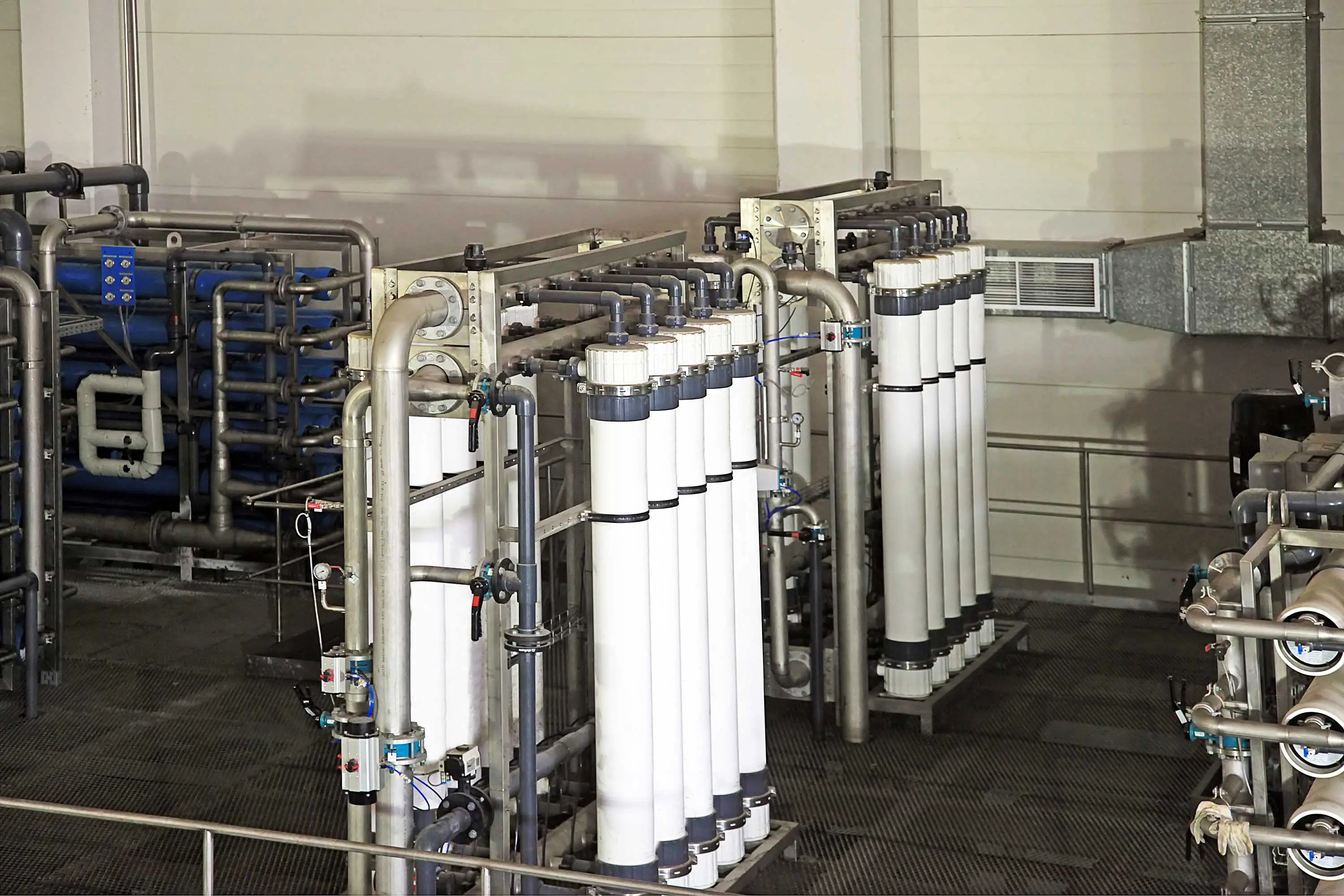
Blog

Reverse Osmosis (RO) System is a water treatment technology that benefits various industries. An effective RO system can separate contaminants from water, including minerals, metals, and organic substances, making the resulting water cleaner and safer to use.
In industrial settings, RO is typically used for production processes that require pure water and ultrapure water. For example, in the semiconductor industry, ultrapure water is used to rinse electronic components. In the healthcare sector, such as hospitals, clinics, and laboratories, RO is essential for producing ultrapure water to support various activities, including laboratory work, hemodialysis, CSSD, operating rooms, and more.
In addition to the semiconductor and healthcare industries, many other sectors rely on RO as a production support tool, such as the pharmaceutical, hospitality, food and beverage (F&B), and laundry industries. The question is, why should it be RO water? Here are the reasons:
Maintaining Product Quality
The RO system helps maintain product quality by ensuring that the water used in production is free from contaminants that could affect the taste, aroma, and overall quality of the product.
Enhancing Health and Safety
The RO system ensures health and safety in industries by removing harmful contaminants such as heavy metals, bacteria, and viruses from the water, which could compromise quality and safety.
Protecting Machine Performance
Water containing minerals or organic substances can damage industrial machines and equipment. The RO system helps protect machine performance by ensuring the water used for cooling or cleaning is clean and contaminant-free.
Reducing Operational Costs
The RO system can help reduce operational costs by providing clean and safe water for production, thereby lowering maintenance and repair expenses for machines.
This makes RO systems a vital solution for increasing efficiency, quality, and sustainability across industries.